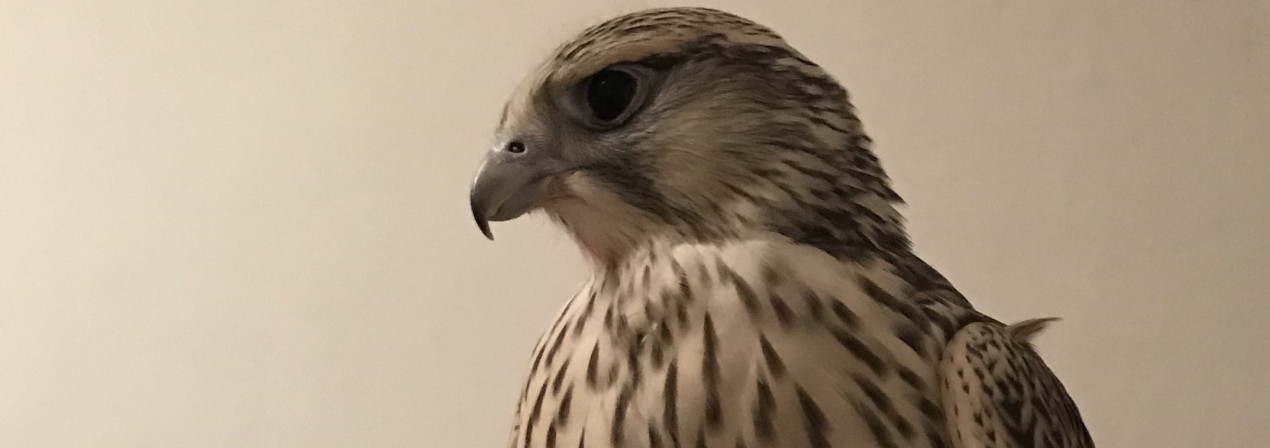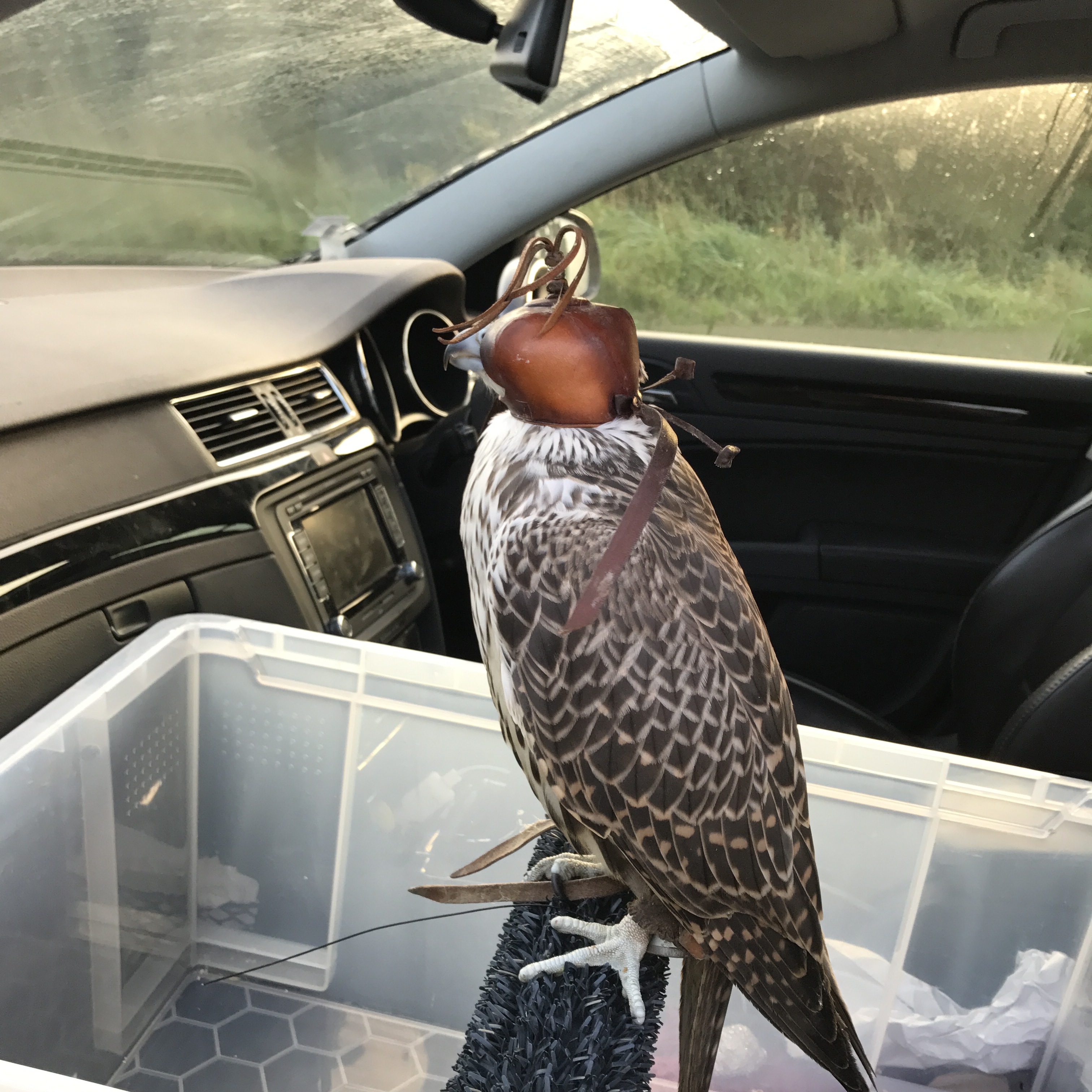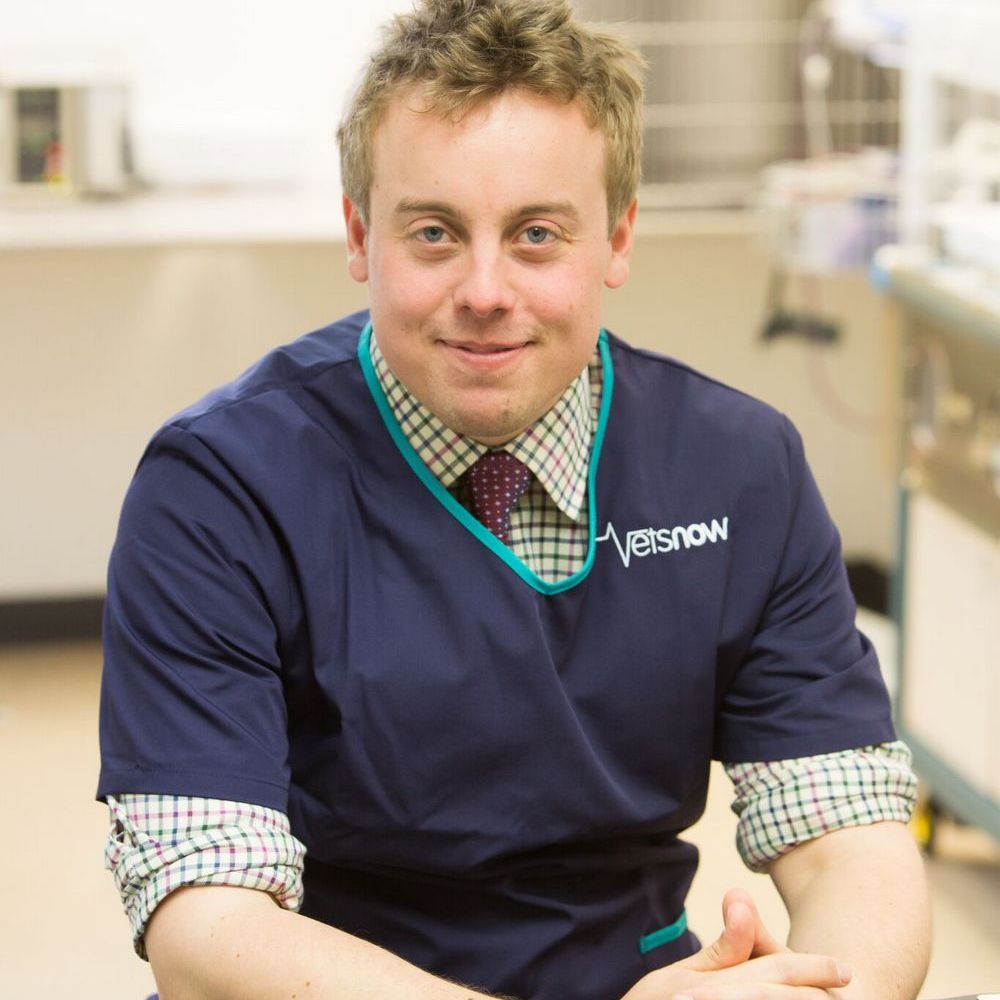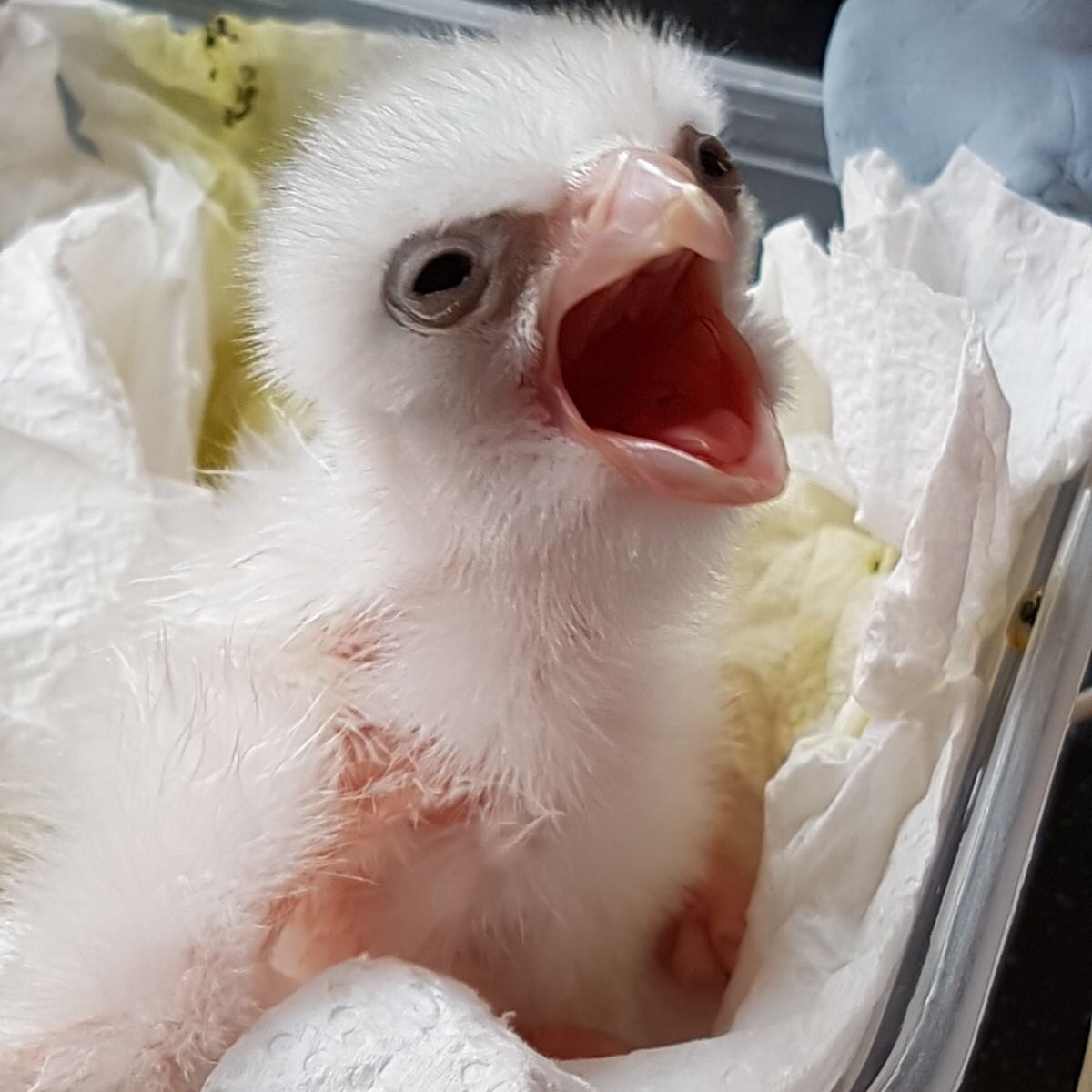Do you need help?

Pampered Falcon Gertrude also snuggles on the sofa to watch TV and wanders around Tom's home as if she owns the place
When vet Dr Tom Dutton jumps into his car every morning there’s an unusual companion sitting with him – a falcon called Gertrude.
Avian expert Tom has adopted Gertie, who will one day grow into a mighty bird of prey.
As a developing chick she lives in his house, sitting on the sofa with Tom at night to watch TV.
Indeed Tom is so attached to Gertie that she even travels to work with him – on the front seat of his trusty Skoda Superb.
High-flying Tom, 29, who lives in Fairford, Gloucestershire, is one of Britain’s leading avian veterinary experts and heads up Great Western Exotics at Vets Now’s pet clinic hospital in Swindon.

Tom said: “Some people have a dog or a cat sitting with them on the settee in the evening watching TV – with me it’s Gertie the falcon.
“She comes to work with me every day and patiently sits in my office. Then when we’re back home, she just wanders around the house like she owns the place.”
Gertie has only just started flying, meaning the fun of training her has now begun.
Tom, who has been fascinated with raptors since he was a child, has been home-rearing Gertie since she was five days old.
Gertie is a captive-bred Gyr/Saker falcon – non-native – who was hatched in an incubator.
Find out more about our avian and exotic service
One of the main reasons Tom’s training her is to further his already established skills in rehabilitating injured wild birds who are admitted to the Vets Now hospital.
Another is to see if he can train Gertie to fly further and faster than raptors who are reared the traditional way.
Tom explained: “Normally a raptor is reared in what we call a seclusion aviary. Basically, it’s raised by its parents, and never really meets a human being until it is eight or nine weeks old.
“The idea is that the raptor is trained to fly because of positive reinforcement. That’s why if you see a falconry display, the chances are the raptor will get a bit of meat from its handler when it flies back.
“What I’m trying to do is slightly different. I’m trying to accustom the raptor to cars and human beings – and all the things in modern life that it might otherwise be scared of – from a younger age.
“The end result is a falcon who has the potential to progress more quickly in its training.”

Suggested Tweet
Vet Tom Dutton takes his pet falcon to work with him every day - read his story here: @VetsNowUK www.vets-now.com/2017/08/vet-pet-raptor-falcon-work/
On the subject of food, Tom minces up Gertie’s dinner every night in his food mixer – a tasty mix of frozen rat and quail.
It’s not everyone’s idea of a kitchen feast – so it’s probably just as well that Tom’s partner Amy, 29, is a veterinary nurse who is pleased to be helping train Gertie.
Tom said: “Gertie is three months old now and it all seems perfectly normal to me and Amy. But I can understand if people think a guy driving to work every morning with a raptor for company sounds a bit out of the ordinary.
“I’ve been interested in falconry for as long as I can remember. It’s a fascination really and I’m very lucky to do this as my job.
Where is my nearest pet emergency clinic?

“The beauty of it is you never quite know who or what bird is going to be brought through the door next – it could be a parrot, it could be an ostrich or it could be a penguin.
“It’s a brilliant job because of that variety and because of the demands it places on you as a vet. You’re part medic, part surgeon and part behaviourist.”
And, of course, part chauffeur and butler to a friendly little raptor called Gertie!
